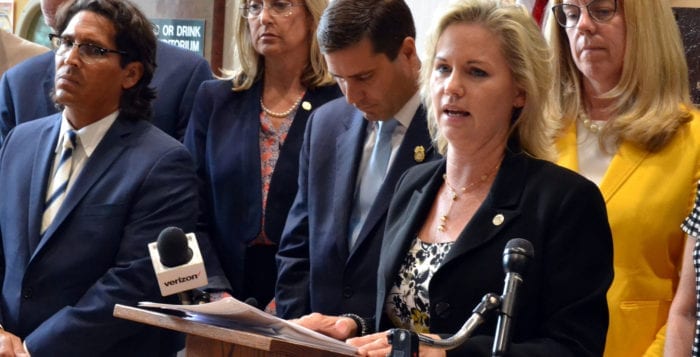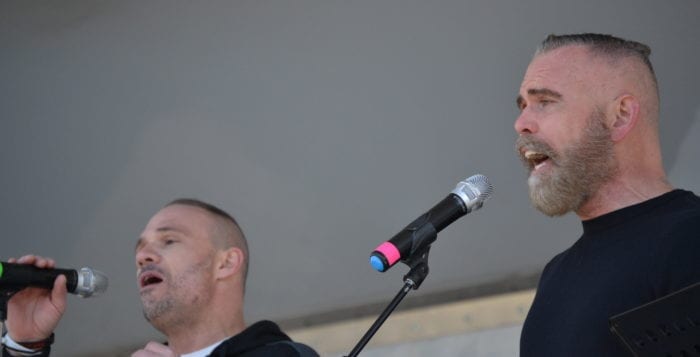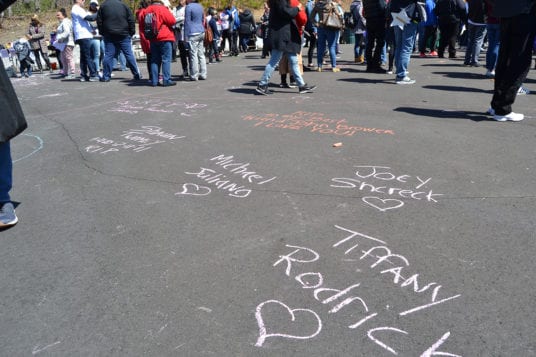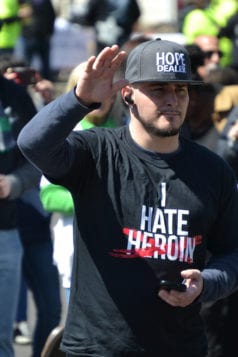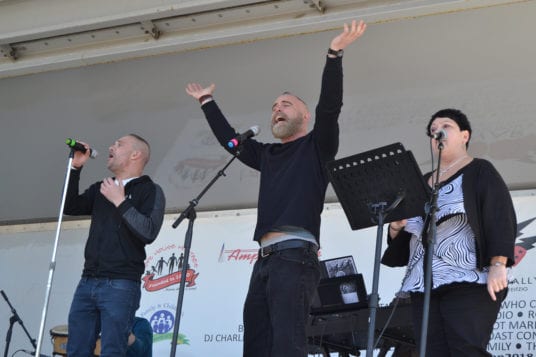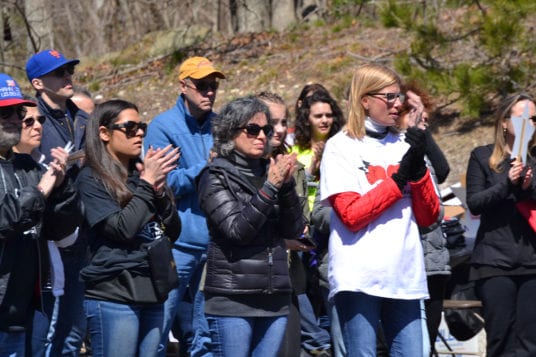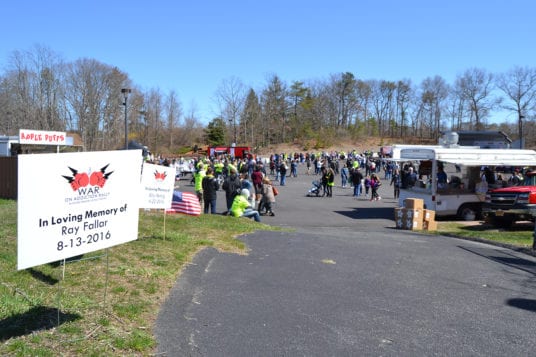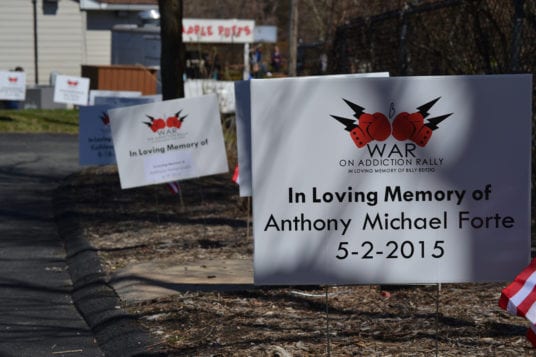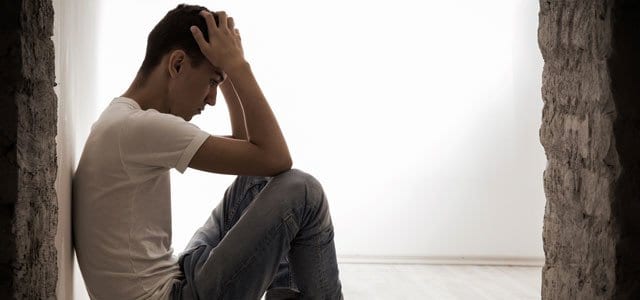By Fr. Francis Pizzarelli
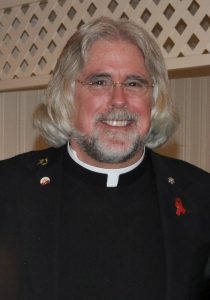
Recently there have been a series of articles in our major newspapers indicating that our overdose death rate due to heroin and fentanyl are down.
This evidence, although very positive, is also very misleading. As someone who has been in the trenches working with addiction for more than three decades, I do believe that overdose deaths are down. However, I don’t think it’s accurate to conclude that the abuse of heroin and fentanyl is down.
Since the opioid epidemic gained national recognition, most states started to provide Narcan training which is a simple nasal spray that can reverse an overdose.
Since Narcan kits are very accessible and the training is very simple, more and more people are making sure they have a Narcan kit at their parties.
Every morning when I wake up in the little cottage that I live in on the grounds of Hope Academy in Mount Sinai, I see Our Lady of Hope grotto. Nestled in the trees behind the grotto, I see 120 crosses in the garden of remembrance. They represent the 120 mostly young people who have overdosed and died in our larger community since the pandemic.
People come to that garden to find peace and to remember a loved one who has overdosed and died because of the opioid epidemic. It has become holy ground; a safe place for people to gather without shame, blame or guilt.
As most treatment programs will report, no matter what their model, there are no beds available and there are endless waiting lists for people to be treated. In addition, we do not have enough trained professionals in the area of mental health and substance use disorders to treat the epidemic need.
What further alarms me are the proposed Medicaid cuts that will profoundly impact those battling addiction and mental health. If those proposals are put in place, we will clearly see an increase in this senseless loss of life.
Addiction, alcoholism and mental health challenges can be overwhelming for the patient and for the family. But people do recover and reclaim their lives. To empower people on the road to recovery, we need more comprehensive treatment services, not less. We need more profoundly dedicated professionals, not less, if we hope to substantially temper this terrible human tragedy.
If we stand up to this very important life issue with a loud voice so all can hear us, I am hopeful that we can empower people to stay on the road to recovery and wellness and reclaim their lives.
Father Francis Pizzarelli, SMM, LCSW-R, ACSW, DCSW, is the director of Hope House Ministries in Port Jefferson.


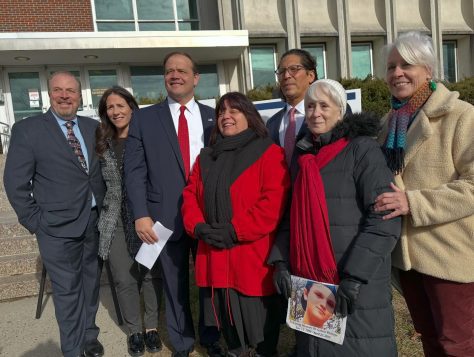
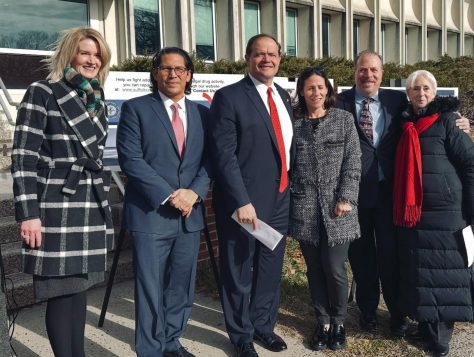
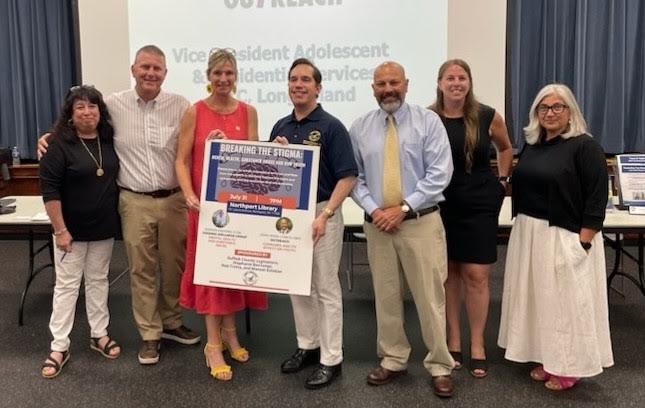
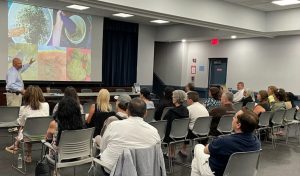
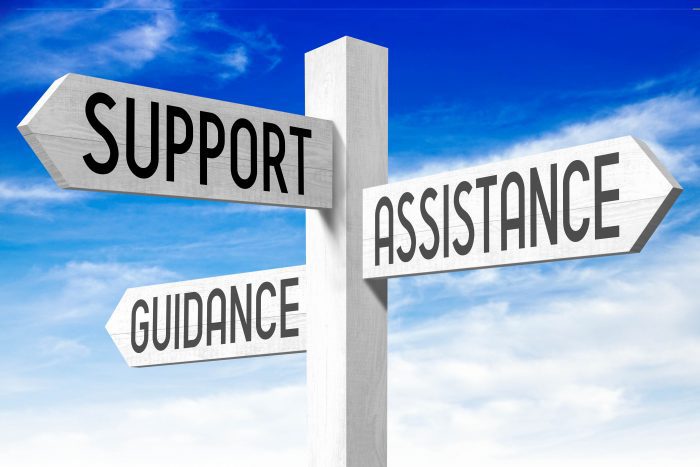
 It is unfortunate that we tend to label and stigmatize people because of unfortunate circumstances in their lives. If someone has gone to jail and served their time, they are labeled by many as useless lowlifes.
It is unfortunate that we tend to label and stigmatize people because of unfortunate circumstances in their lives. If someone has gone to jail and served their time, they are labeled by many as useless lowlifes.

